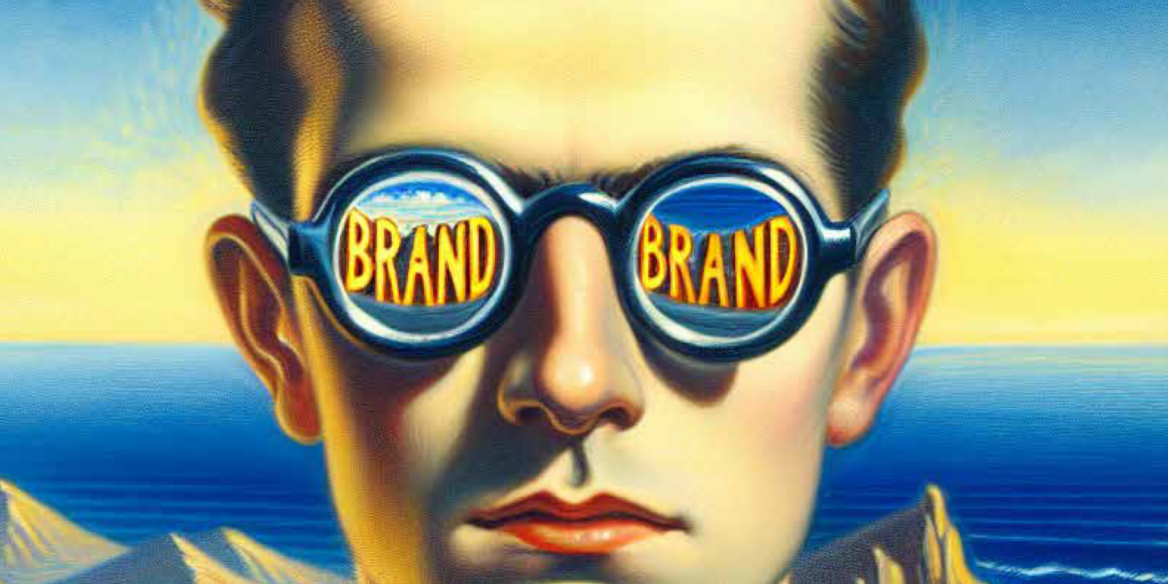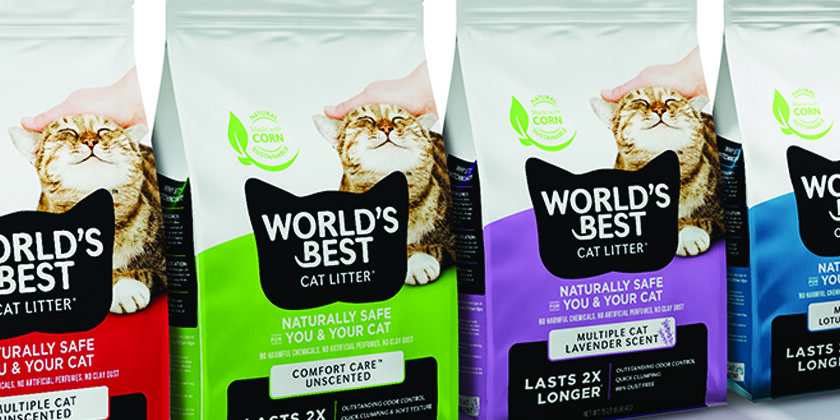Jul 10, 2023
How a consumer’s mental health can affect their purchase decisions
Our mental health is being constantly challenged by the rapid pace of the world we live in. Most consumers have experienced some level of mental shift over the past few years due to the pandemic, economic climate, environmental changes, or family insecurities. This has led to consumers feeling more vulnerable, sensitive, angry and frustrated.
It begs the question: how does all this disruption and uncertainty affect the way we interact with brands?
Consumer perception is their formed opinions, feelings, and beliefs. It drives their interest, support and ultimately purchase of selected brands. All of which contribute to building customer loyalty, retention, brand reputation and awareness.
A large contributor of a consumer’s thinking and mindset towards brands is now formed through their interactions on social media. According to the Pew Research Center, 69% of adults and 81% of teens in the U.S. use social media.
Social media platforms have a reinforcing nature, they are designed to be addictive, and brands use them to be persuasive. Using social media activates the brain’s reward center by releasing dopamine, creating user obsession.
Brands use our social media behavior (which creates a user algorithm) to strategically target relevant users with tailored sponsored brand posts – ‘click bait’. Depending on a consumer’s state of mind there can be polar opposite ways they may react. One is ‘I deserve a treat’, the other is ‘why are they suggesting I’d need that, they don’t even know me?’
This state of mind increased over the pandemic for consumers seeking out joy, happiness (even if fleeting) and the need for satisfaction. These common mental states and advertising approaches create increased purchase intent, and interest in brands they may not have considered before.
As we all are moving farther from the pandemic though, we are seeing shifts in how consumers are being influenced. As we all know there is an active effort in this country to ban one of the most influential social platforms that exists, Tik Tok. Brands, and especially influencer-led brands should be seriously considering what that could mean for them, and it should spark the need to diversify and consider digging deeper.
We are also starting to see consumers, even very young consumers, moving away from the brands that may have sparked joy a few years ago, but could feel tone deaf as they look for brands that contribute to their mental wellness. Perhaps the best example of this is Kylie Cosmetics, which made the namesake a billionaire a few year ago. But according to Trade Algo, direct selling through Kyle’s websites is down nearly 80% in the U.S. since the start of 2017. Consumers want more than a pretty face.
As we all strive to be more ‘mentally healthy’ after a hard few years, look for traditional values to bubble to the top for consumers. Brands who tell a story and connect on a healthy emotional level – whether that is offering real solutions or a positive mental break, should gain in appeal. Above all, consumers will continue to drive quality and accountability from the brands they support.



